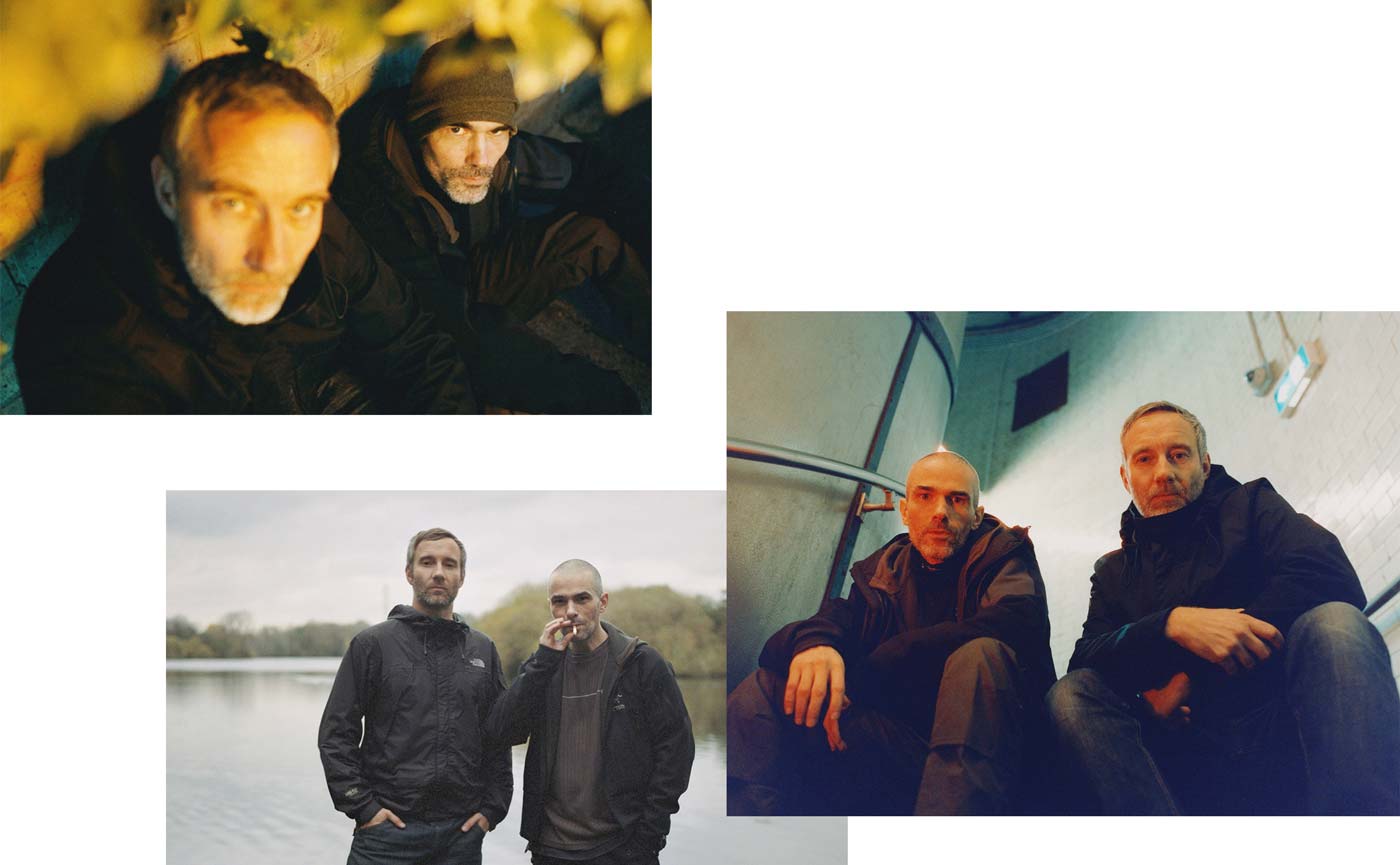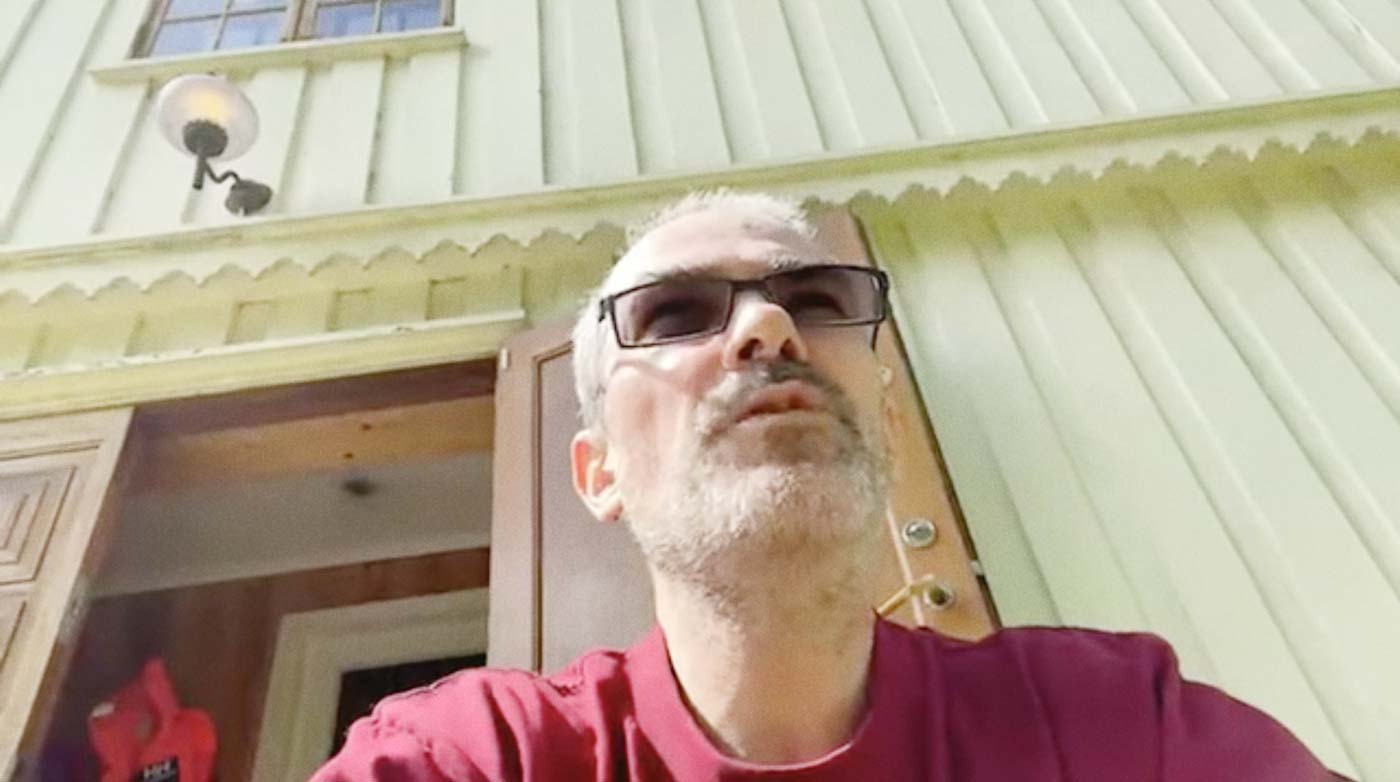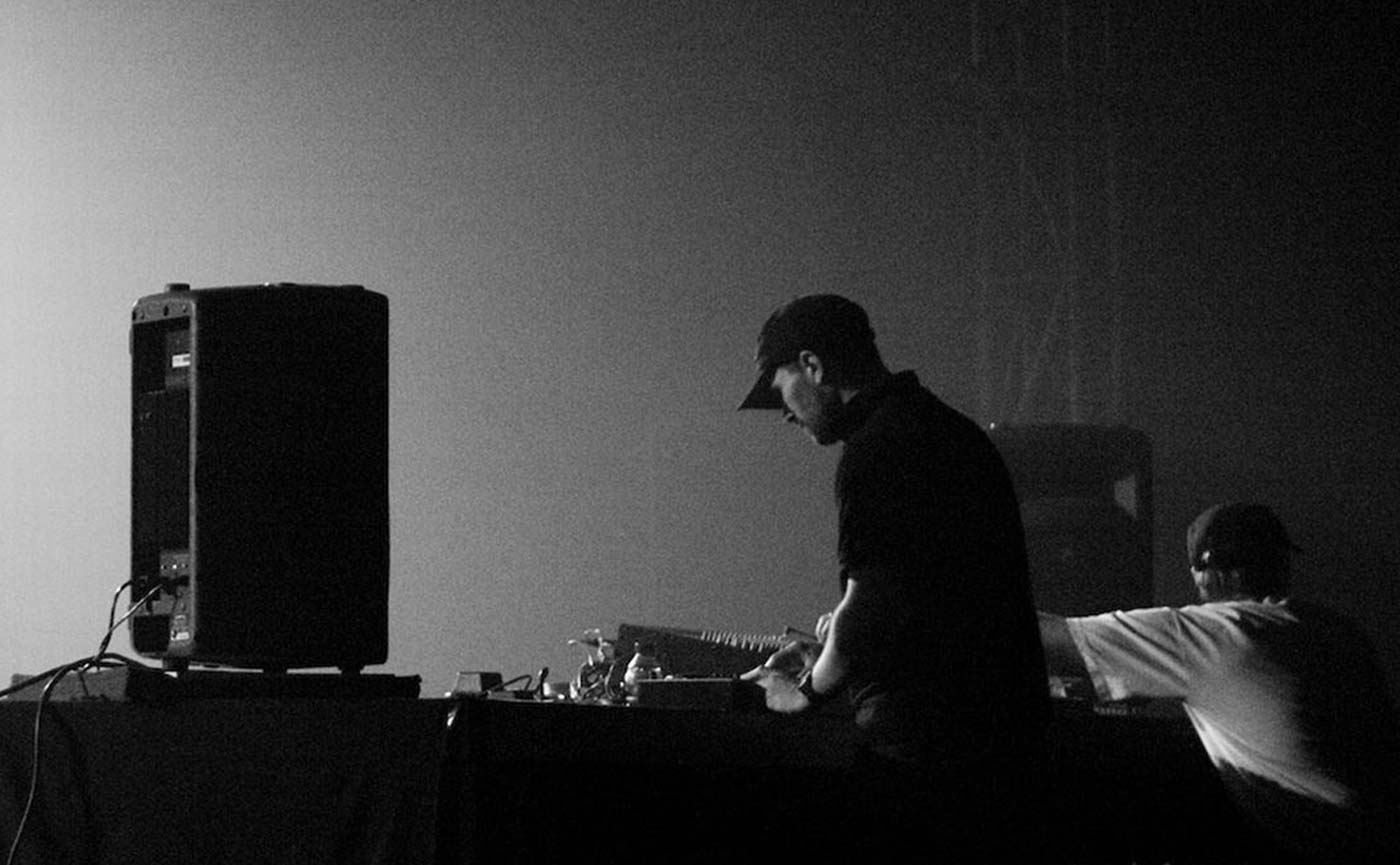Autechre and responsible algorithms
Picking up the electronic music theme some more, Sean Booth from Autechre has done a couple of AMA sessions on Twitch recently which have covered some interesting stuff relating to our thing.
If you don’t know Autechre, they’ve been recording music and releasing albums since the early 90s. Their sound is pretty varied, sometimes you can dance to it, sometimes you can’t, sometimes it sounds harsh and difficult, other times lush and gorgeous. They’ve sold a surprising number of records, and they play to big crowds on their arena tours. They’re the sort of act that some of my friends discuss with reverence like classic jazz, whilst my other friends just take a load of acid and disappear into the experience.
This is relevent because since the late 90s most of their music has been composed as algorithms (frequently using software called MaxMSP). The notes and rhythmes are set up as data sequences with different inputs and variables, that then play out and evolve in unexpected ways. Just like your Facebook feed, but if 10,000 people were dancing to it rather than getting angry that trans people exist.

For most of their existence Autechre have been presented as some threatening cyber-nerd hackers, with photos of Rob and Sean lurking threateningly around various East London landmarks, being defensive and cagy about their lives and music-making processes. But now its 2022 and all of a sudden we can spend some time with Sean wearing some photochromic dad glasses, sat outside his traditional scandinavian home chatting happily about nerd shit.

I guess the section that really spoke to me was when he describes how he structures projects. Each song is effectively a self-contained algorithm (MaxMSP patch), with its own set of behaviours, inputs and data. Because they behave in unexpected ways every performance of the algorithm is unique - the same algorithm might create a totally different piece of music when recorded for an album compared to performing for thousands of sweaty ravers. With this in mind, they actually create different versions of each algorithm for the studio and for live performance. The studio versions have more recursive behaviours (the generated sounds, melodies and beats are then reused as data inputs to create new sounds, melodies and beats) whereas the live versions depend much more on human intervention from himself and Rob on stage.
The studio versions are great for research, you can record them playing all day, isolate the good sections, pull apart how they work and learn from the process. It doesn’t really matter if it doesn’t produce anything good for days on end as long as you learn from it. But as Rob explains, when performing live you’ve got a responsibility to your audience, and its important to be able to understand the mood and enjoyment your audience has, and to nudge the algorithm into giving everyone a good time.
(I guess a super crude analogy would be comparing watching your dog enjoy itself at the beach to performing a routine with it a dog show.)
It’s interesting to me because these are processes that have evolved from what works after decades of using this technology in high-pressure environments with immediate vocal feedback. Sure, most commercial software has a larger userbase than a festival audience, but the technologists and product managers on those commercial teams are also pretty insulated from the real-world effects of their software, whereas performers like Autechre really can’t ignore if their audience think their algorithms suck.

Admittedly, the processes are all ad-hoc implementations of things like versioning, branching, containerisation, being able to play back outputs to understand their behaviour. Which are all pretty standard software ideas, although they still aren’t common in commercial applications of algorithmic AI/machine-learning.
Even more interesting is the importance they place on having research versions of an algorithm for prototyping and experimentation in a controlled environment, in addition to more conservative responsible versions for live use. As these technologies become a core part of all aspects of contemporary life it would be nice to think they were being created more responsibly than rave music is, but… somehow I doubt it.
You can watch the AMA session on Youtube, and Autechre have released a huge number of live concert recordings over the last couple years if you want to investigate that.
If you want to chat more about stuff like this, send me an email or get in touch on Twitter.
You can pretend it's 2005 and subscribe to my RSS feed